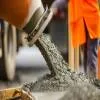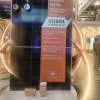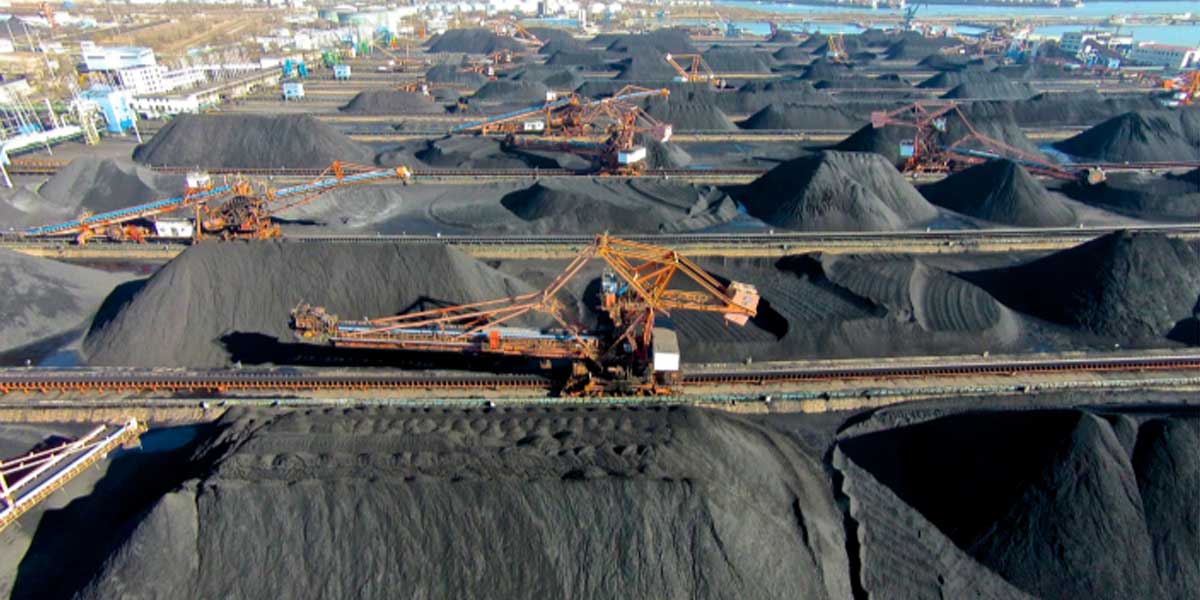
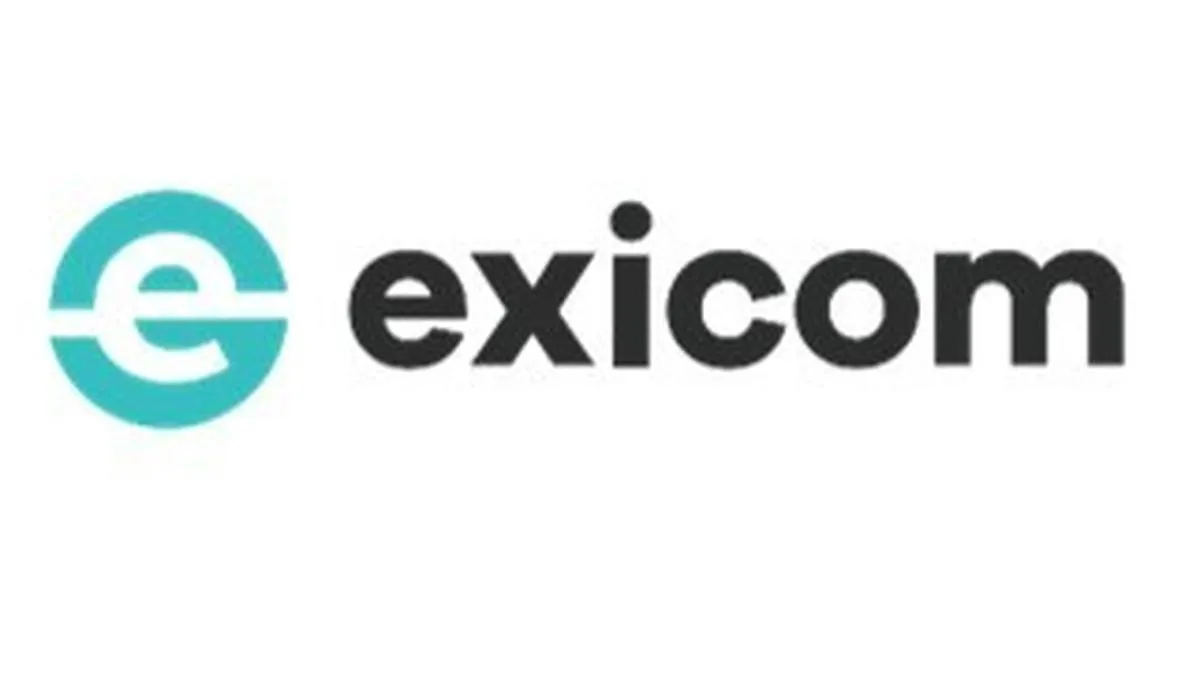
Exicom Reports Robust Q2 Growth, Eyes Disciplined Scale-Up
Exicom Tele-Systems Limited, a leading player in India’s EV charging and critical power sectors, reported consolidated revenue of around Rs 2820 million in Q2 FY26, marking an 84 per cent year-on-year and 37 per cent quarter-on-quarter growth. Although consolidated EBITDA stood at a loss of Rs 327 million, the standalone business showed a strong turnaround, recording revenue of Rs 2280 million and EBITDA of Rs 151.7 million—up 72 per cent sequentially and 154 per cent year-on-year.The Critical Power business saw a rebound with consolidated revenue of about Rs 1700 million, driven by projec..
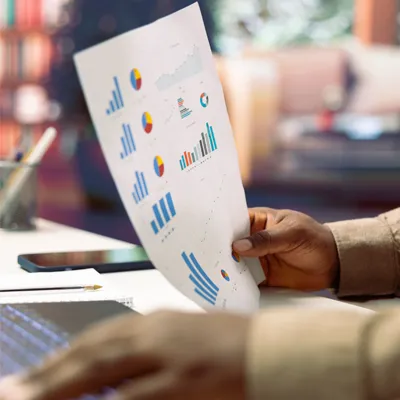
Batliboi Reports Strong Q2 Growth and Expanding Order Book
Batliboi Limited, one of India’s leading engineering companies with a legacy in Machine Tools, Air Engineering, and Textile Machinery, announced its financial results for the second quarter and half year ended September 2025. The company has recently expanded its portfolio through the merger with Batliboi Environmental Engineering Limited, now operating as the Environmental Engineering Group.For Q2 FY26, revenue from operations stood at Rs 1210 million, EBITDA at Rs 110 million, and profit after tax at Rs 60 million. During the first half of FY26, revenue reached Rs 1900 million, EBITDA Rs 1..
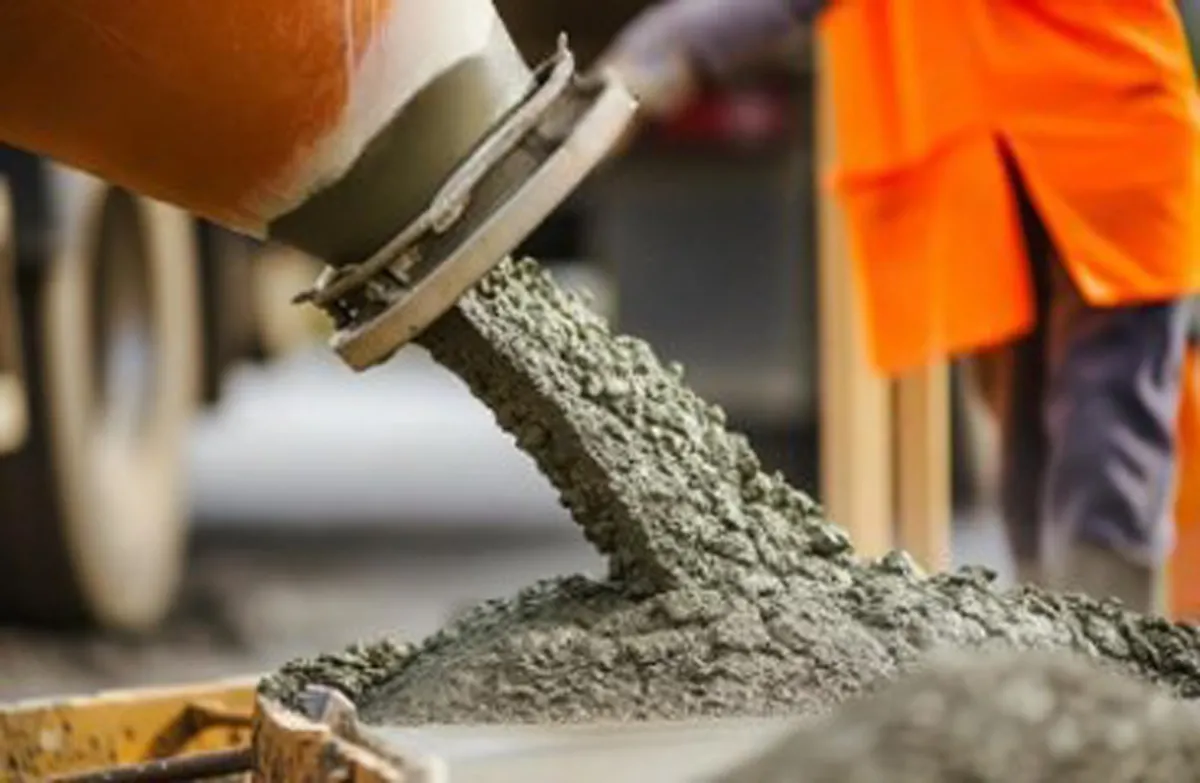
Birla Corporation Q2 EBITDA Surges 71%, Net Profit at Rs 90 Crore
Birla Corporation Limited reported a consolidated EBITDA of Rs 3320 million for the September quarter of FY26, a 71 per cent increase over the same period last year, driven by improved profitability in both its Cement and Jute divisions. The company posted a consolidated net profit of Rs 900 million, reversing a loss of Rs 250 million in the corresponding quarter last year.Consolidated revenue stood at Rs 22330 million, marking a 13 per cent year-on-year growth as cement sales volumes rose 7 per cent to 4.2 million tonnes. Despite subdued cement demand, weak pricing, and rainfall disruptions, ..






